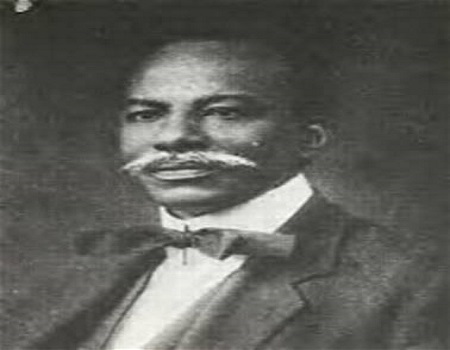The anglicised first name and surname and his tide with Bishop Ajayi Crowther made the general public believe that the root of Herbert Heelas Macaulay was from outside Nigeria, that he was at best a Sierra Leonean, a Kriol (creole). How then did he come by the nickname ‘ejo ngboro’ which epitomised the rascality he displayed in his political escapades.
Herbert Macaulay was the foremost fighter of the British Colonial government for the rights of the natives and eventual independence from imperialism and the British inhumane manner in which the colonial government ruled the natives. For about fifty years, Macaulay devoted everything he had to fight his avowed cause, in spite of the persecution, humiliation, harassment and imprisonment meted out to him, by the British colonial government in Nigeria. It was a long drawn struggle but he won. It is, however, a pity that Herbert Macaulay did not live to see independent Nigeria.
ALSO READ: Commissioner says no teachers recruitment in Edo in 10 years
However, Herbert Heelas Macaulay’s ancestry and antecedent have commanded different attention to the belief of the general public. The assertion by his son ‘Ogedengbe Macaulay’ that he was of Ibadan ancestry has been verified to be the truth. In 2013, it was discovered by a researcher ‘Comrade Victor Olu’ that Macaulay was an Ibadan indigene.
The early years of Ibadan were characterised by frequent strife and generated interest. Some Ogbomoso people escaping from the then Fulani slave raiders were among the powerful influential people in Ibadan then. Findings, however, show that Ojo Oriare was the grandfather of Herbert Heels Macaulay.
ALSO READ: Resident doctors at FMC Jabi, Abuja, embark on 3-day warning strike
He was the eldest son of Odelotan Oriare, the progenitor of Oriare family in Ibadan. The foregoing establishes Odelotan the progenitor of Oriare family in Ibadan as an Ibadan indigent and consequently, all his family members including his eldest son, Ojo Oriare, the grandfather of Herbert Olayinka Heelas Macaulay were Ibadan unsigned, having settled in Ibadan and taken active parts in its establishment and administrations prior to the colonization by the British in 1893.
Meanwhile, Oriare was said to have been a prince of Olupo Ajaseipo (Ajase’po), now in Kara State. He emigrated out of Ajaseipo on account of a tussle/dispute with his siblings on chieftaincy matters and settled at Okeelerin, the Genesis of Ogbomoso. This was in pursuit of his means of livelihood, he is a farmer, native doctor, hunter and warrior. His regular bumper harvests of beans (cowpeas- Eree in Yoruba ) made his compound popular in times of scarcity as people trooped there to buy beans (Eree). This was how buyers named his compound Ile Eleree — the place or compound where we found beans. He was thus usually referred to as Oriare of Areree compound. The compound was also referred to as Afokoperin, that is the compound of the one or those who killed elephants by throwing stones at them.
Conclusively, it was also found that Balogun Ibikunle, the family of Ayeye, Ibadan and Oriare were colleagues in Toni Onibudo’s army, as a result of which the families developed close ties, both being from Ogbomosho in the first place. The close relationship has been maintained to date.
Alimat Taiwo Sulaiman writes in from Ogbomoso






